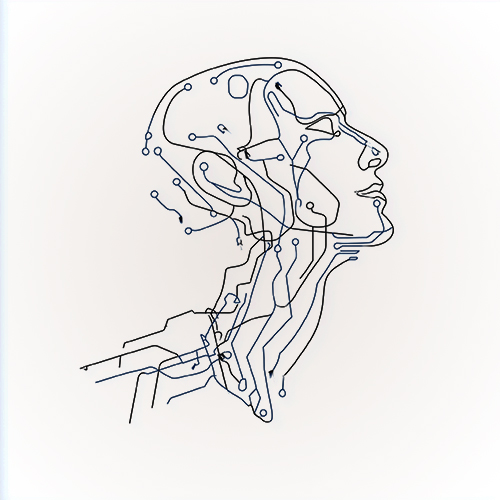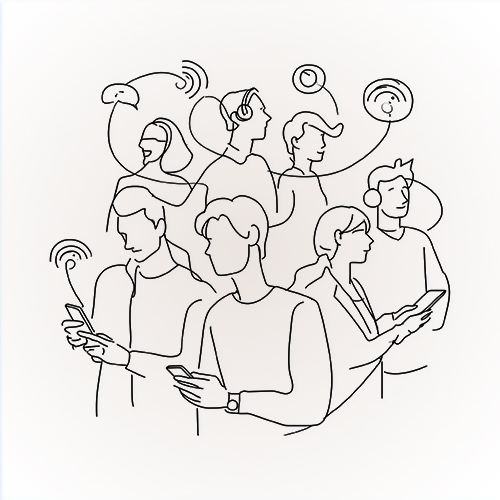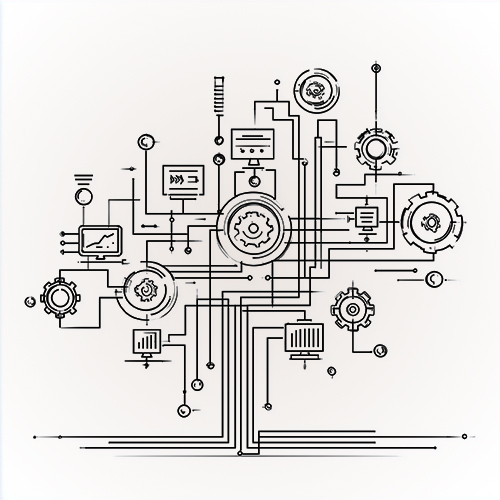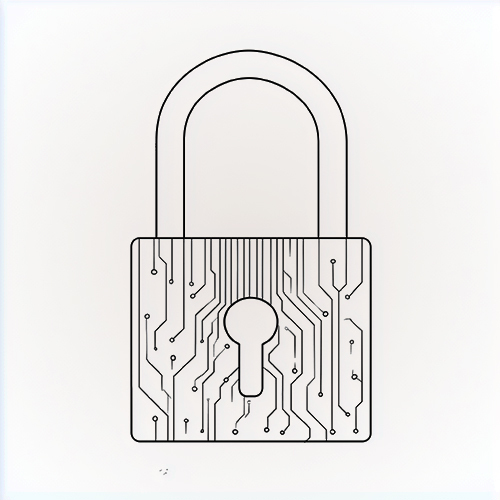Coronavirus has changed the models of work – hybrid work is already everyday life, the next step is smart software
The exceptional period caused by the coronavirus pandemic has made hybrid work, i.e. combining remote work and work at the office, commonplace. The next step in the transformation is the symbiosis of people and intelligent software. Digia is preparing for post-corona life with the Future of Work project, where utilizing data is the guiding principle.
In the Future of Work project, we are developing Digia's multi-location, flexible working life to the next level. The project has four cornerstones: business premises, tools, everyday practices and efficient use of data.
"The working environment and the models of work must be considered as a whole, which consists of several elements. One is everyday practices, i.e. how we work together. The second element is functional, appropriate office spaces. Digia's premises have been renewed in almost all locations in recent years. We are now looking at how to further develop the premises if more and more people continue working mainly remotely and the premises are mainly for meeting each other occasionally," says Jussi Piispanen, who leads the Future of Work project.
According to Piispanen, the third element of a functional work everyday is tools. This means, for example, ergonomic furniture in offices and home offices, as well as functional remote connections and opportunities for utilising data. Digia is undergoing a major system reform, one of the objectives of which is to develop the company's data utilisation capabilities and practices. The system reform also supports the transition to a new working life after the coronavirus.
"The successful companies of the future are data-driven and utilise artificial intelligence: we are increasingly moving into a world where routine tasks are highly automated and people can focus on jobs that require creativity, with higher added value. The exceptional period caused by the coronavirus has accelerated the development. Close cooperation between people and intelligent software, even symbiosis, is the next step in the renewal of work models," Piispanen says.
Both remote working and work at the office require flexibility
Even before the exceptional period, work independent of time and place became at the top of the personnel satisfaction survey, where Digia employees selected the most meaningful factors affecting their work. Work independent of time and place was also seen to be carried out well at Digia.
"At the moment, it seems that many people are happy to continue working remotely. At the same time it is very important and expected that we will be able to meet each other more freely," Piispanen says.
"We don't believe that remote working itself, for example, is 'the thing', but more about people being able to make choices. Facilities and equipment must enable such flexibility," Piispanen says.
Digia is a trusted European partner in intelligent business. As a consulting, software and services company, we help our customers to create, maintain and develop intelligent business. We bring the benefits of AI to our customers' everyday processes, products, and services throughout their lifecycles. Our approximately 1600 employees operate internationally, yet always close to our customers. Digia’s net sales totalled EUR 217.0 million in 2025. The company is listed on NASDAQ Helsinki (DIGIA).




